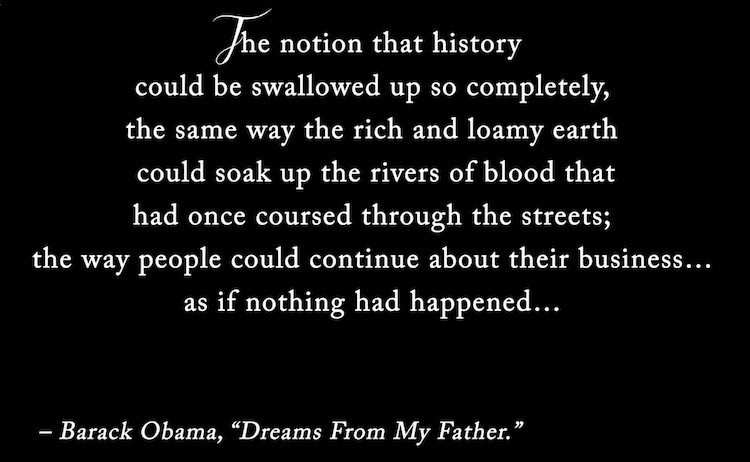“One shocking, grotesque, and racist revelation after another reveals a history of the bigotry of American presidents and how complicit they were in legitimizing American racism.” — Randy Burman
by Randy Burman Created for the University Galleries at Florida Atlantic University exhibition: "Why Shouldn't We Talk about these Things at the Table?: A Community Based Conversation with South Florida Artists (a Virtual Exhibition)," curated by Adrienne Rose Gionta & Jeanie Ambrosio.
Influence:
The controversies raging in the United States about whether to retain Confederate statues and rename buildings and streets dedicated to avowed white supremacists.
Scene:
Symbolic funeral ceremonies of sculptural busts of American presidents.
Traditionally burials are a farewell to the dead. In the funerals portrayed here, we are staring down into freshly dug graves as the earth trickles down like rain (or tears, perhaps?) covering immortalized forms (busts) of ten American presidents.
Between us and the busts–embodying the idealized conception of our presidents–face up in their graves, quotes, descriptions and translucent images appear and dissolve similar to the memories one might experience at a friend’s or family member’s funeral.
Here we are burying the mythologies and acknowledging the evil and utterly repugnant views and utterances expressed and represented in the words and images by each of these American presidents evokes a different kind of grief, more akin to shame and anger. These presidents beliefs, that white people were superior to those of other races and thus should dominate them, was the key justification: for colonialism; removal of/and genocide of indigenous peoples; enslavement and denial of equality to Blacks; white fear of extinction under an onslaught of genetically or culturally inferior nonwhite interlopers.
One shocking grotesque and racist revelation after another reveals a history of the bigotry of American presidents and how complicit they were in legitimizing American racism. “It was America that taught us that a nation can not open its doors to all nations,” Adolf Hitler admiringly noted. Centuries of racist policy, both explicit and implicit, have left Black Americans in the dust, physically, emotionally and economically. Many believe chattel slavery was brushed into the dustbin of history after the Civil War, but the evidence shows the country never did a very good job incinerating its traumatic remains, instead leaving embers that still burn today: an education system that fails Black Americans; substandard health care that makes them more vulnerable to death and disease; and an economy that leaves millions without access to a living wage.
I hope this project will encourage debate about what to do about our shared American reality. This graveside experience should provide all the reason required for reparations and fiscal contrition of these genocides and enslavements of non whites and poverty plagued society. If not, no one can call us anything but the evil empire we are and always have been.
To those who strive to make this a more perfect union:
The most important and painful realities of any society’s past tend to be forgotten unless constant efforts are made to remember them.
And to those who don’t.


Shout-out appreciated. Appreciative of wider audience being exposed to this project.
It reads like a big assist to the Republicans’ long and successful campaign to delegitimize American government. Our presidents were all racists. End of story.
Anyone who has any familiarity with history senses that pretty much every white person in the past was racist, sexist, homophobic, and anti-Semitic. (Pick a great man or woman; find the damning quote.) The important thing is that people changed, not that they used to be bad.
I can easily imagine that people in the future will look back at our collective disregard for global warming and decide that we were just as bad as the people we now find it so easy to condemn.